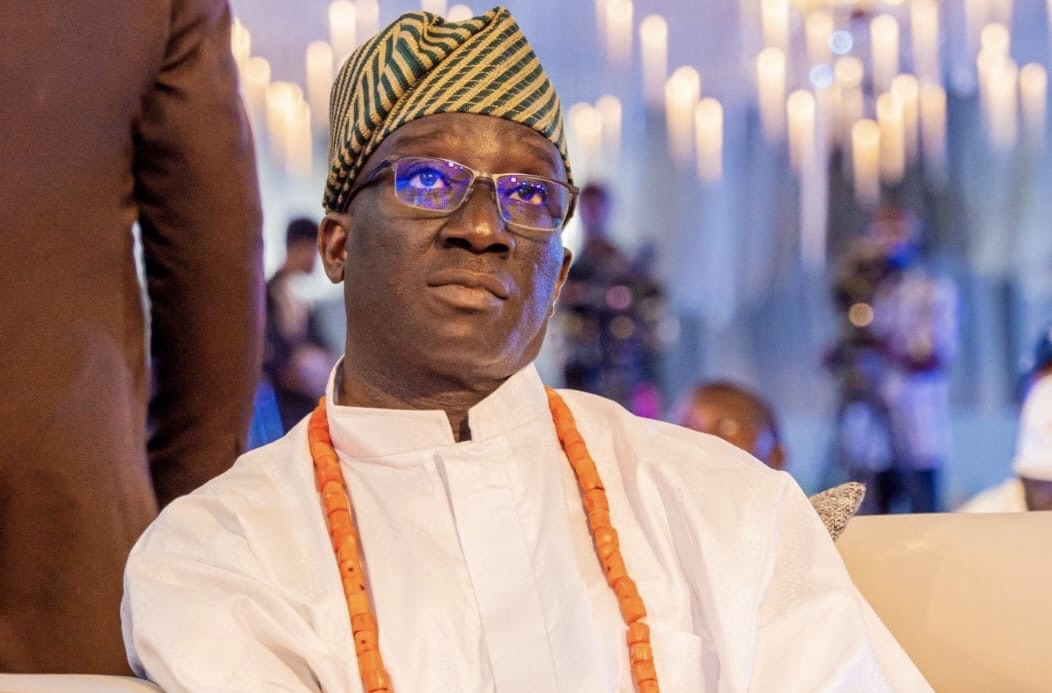ON Friday, January 30th this year, Africa’s oldest President, Robert Mugabe of Zimbabwe was elected as Chairman of African Union (AU) at its Heads-of-States Summit held in Addis Ababa, Ethiopia’s capital. Before his election, rights campaigners had staged series of protests kicking against moves to make him chairman of AU for the next one year. They questioned his democratic credentials in Zimbabwe, but his protagonists were quick to counter those questions, saying AU Chairmanship position was rotational and that it was the turn of Zimbabwe to produce the next chairman of the union. At the end, Mugabe was elected despite his poor human rights and democracy records.
In his acceptance speech, Mugabe said: “During my chair, I will deliberately provoke your thoughts to pay special attention to issues of infrastructure, value addition, agriculture and climate change.”
However, in his usual manner, when asked of what signal his election would send to the West, he responded: “What the West will say or do is not my business, my business is to ensure that the decisions that we have arrived here are implemented and there are all decisions which have to do with the development of Africa.”
He has since been sworn-in as African Union Chairman for the next one year, having taken over from his predecessor, Mauritania’s President, Mohamed Ould Abdel Aziz.
However, the questions on the lips of many across the globe are; what moral authority would AU under Mugabe have to condemn human rights violation and abuse of democratic process anywhere in the continent?
What would be the fate of young African democrats who for far too long have been yearning for strong democratic institutions across the continent?
Is it not time to review the rules and procedures leading to the election of African Union Chairman?
Since Mugabe is currently under sanction imposed by the West, would his election amount to African Union lacking representation in any international event in Washington or Brussels?
Would United States or the European Union be persuaded to lift their sanctions on Mugabe because he is now African Union Chairman? If that is done, what message will it send to despotic leaders in the continent, and how will it forestall tendencies that might result in despotism in Africa or anywhere else in the future?
How will AU under Mugabe respond to the impending political crisis in Democratic Republic of Congo as a result of President Joseph Kabila’s unhidden desire to amend the country’s constitution to extend his continued stay in power, knowing that he belongs to the category of African Leaders with insatiable quest for power?
Similarly, how will AU under Mugabe champion the cause of the Internally Displaced Persons (IDP’s) in Africa which the brutality and the draconian attributes of his government in Harare shares blame with other factors that contributed to the sorrowful state of the IDP’s?
How will AU under Mugabe strive to reposition Africa’s economy and attract Foreign Direct Investments in to the continent when his undemocratic land reform in Zimbabwe has chased away foreign investors from his country and subsequently denied its citizens the job such endeavour would have created for them?
How long will African Leaders continue to hide under the cloak of rotational Chairmanship rule of AU to elect people like Mugabe when they denied Sudan’s President, Omar al-Bashir its chairmanship position in 2005 on grounds of the ravaging effects of the crisis in Darfur, and subsequently retained the position in Nigeria where former President Olusengun Obasanjo took another one year, making it two years of his reign? The truth remains that abuse is an abuse, whether it happened in Darfur or in Harare, so why did they refuse to apply same rule on Mugabe?
Whatever factor might have influenced the choice of Mugabe as AU Chairman for the next one year, AU leaders should be reminded that they cannot be condemning impediments to democratic governance and human rights violations and at the same time failing to act when it was time for them to demonstrate and prove to the world in deeds that they truly mean the condemnations made in public.
President Mugabe on his part should not interpret his election despite various protests staged in that regard as open acceptance of his poor democratic records. Instead, he should view it as a rare opportunity given to him to make a volte-face and as well reposition his country and give clear and convincing democratic direction to his country and by extension the African Union comprising 54 independent countries in the continent.

Robert Mugabe, Zimbabwe President

